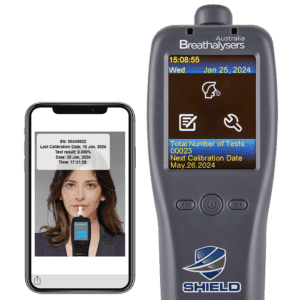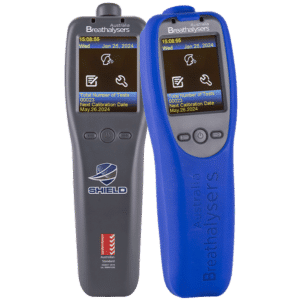Why Not to Drink and Drive
15 November, 2021
When we consume alcohol whether we are out or at home, especially if we intend to operate a car or machinery, we often hear the phrase “don’t drink and drive”, like a siren warning ringing in our ears. A huge percentage of road accidents happen with alcohol-related driving as a critical factor. But just how much risk is it to drink and drive?
When you drive, it requires your total concentration. A requisite of driving is eye-hand- and feet coordination. Additionally, it is imperative to be alert and attentive on the road if you are driving a car. When you drink, alcohol impairs your sensory perception. Alcohol lowers a person’s inhibitions and slows their reflexes. In driving, alcohol reduces the ability to judge speed and distance, decreases concentration and coordination, and slows down reaction time. When you plan to drink and drive, it may be best to check for your blood alcohol content (BAC) personally. Monitoring your BAC could also help determine your functional and mental capabilities. Using devices like the BACtrack personal breathalyzer that have police-grade accuracy now makes self-monitoring more manageable and accessible.
It is ambiguous to state how many alcoholic beverages a person can drink before they become intoxicated. Each person has a different reaction when it comes to alcohol. Alcohol intoxication will differ based on weight, gender, age, and body size. The BAC driving limit is 0.05%. The blood alcohol content is the percentage of alcohol in a person’s bloodstream. Legally you are breaking the law if you drive at or above this level. Staying below 0.05% BAC means that legally you can drive your car however alcohol may still have an effect on your sense of judgment, coordination, and response rate, but you can still manage to operate a vehicle according to the law. To drink and drive with a higher BAC is a criminal offence.
Why Not to Drink and Drive: BAC monitoring
The BAC can be measured through a person’s breath by a breathalyzer. A breathalyzer is a small device historically only carried by police officers to perform breath tests on suspected intoxicated drivers. It measures the amount of alcohol in a person through their breath. If you registered a BAC of more than 0.05%, you are considered legally impaired and will be charged with a drink and drive offence. Nowadays, drivers have started relying more on personal devices like BACtrack personal breathalyzers to prevent drink driving offences.
In general, it is not advisable to drink and drive at all, no matter how few you’ve had to drink. If you are going to consume alcohol, it is better to plan how you will get home without driving yourself, as it’s more challenging to commit to another plan once you have had a few alcoholic drinks. If alternative means are out of the question and you insist on driving, make sure to have your BAC under control. Check your BAC with a BACtrack personal breathalyzer regulary, making sure you wait 20 mins after your drink to test accurately. BACtrack has a personal and professional series of breathalyzers that can specifically help to get you home safe.
Related Articles:






























